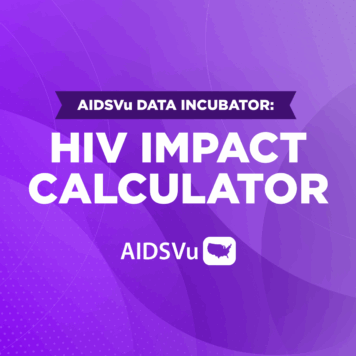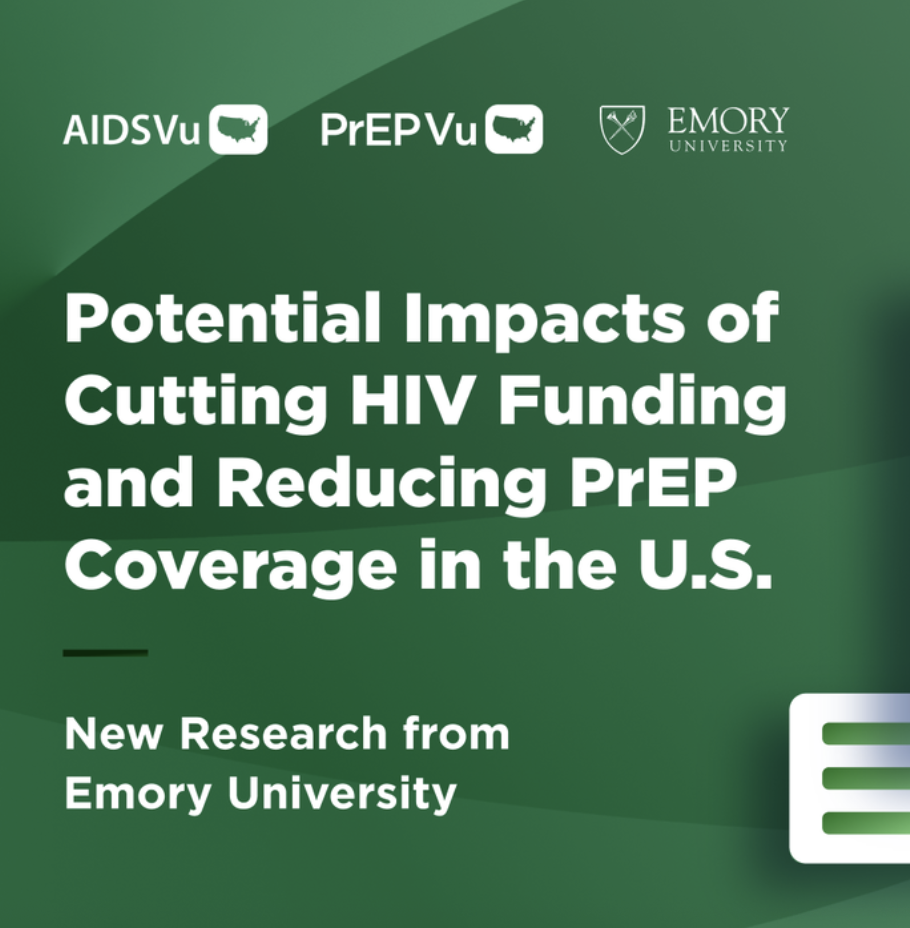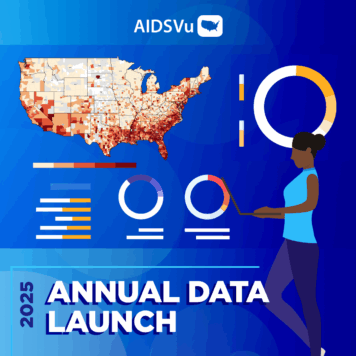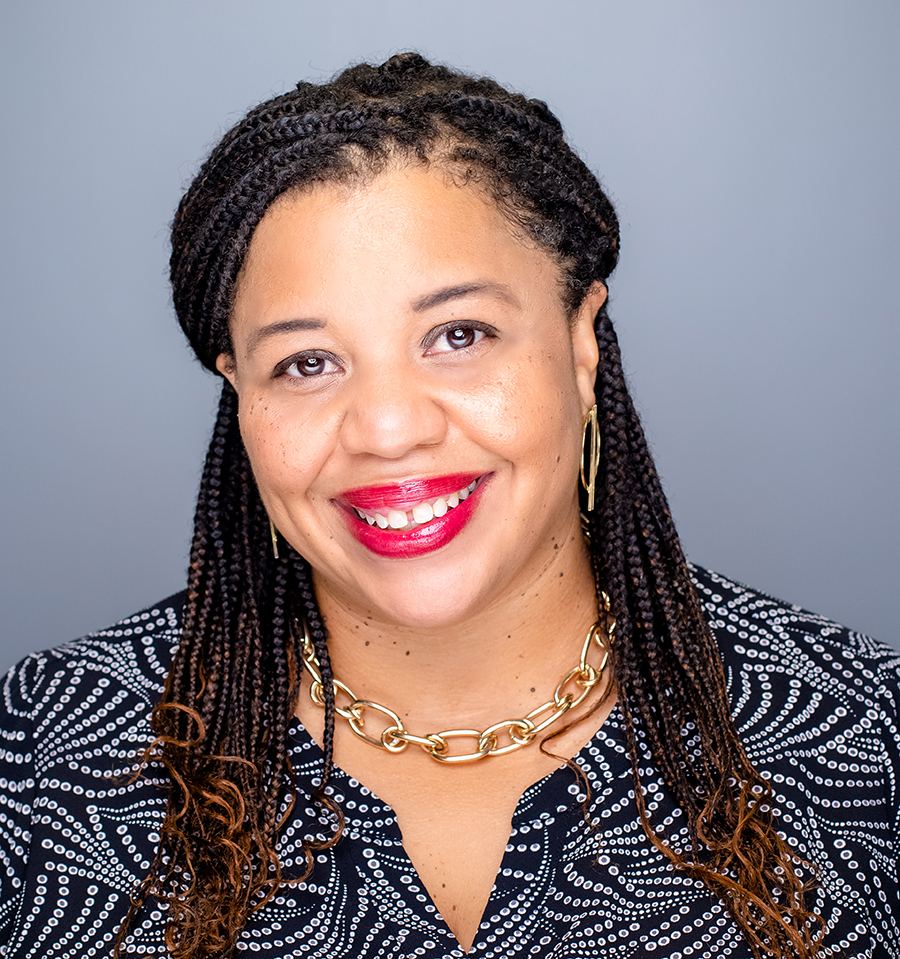Matt Blinstrubas is the Director of Grants at the Elton John AIDS Foundation.
Q: Elton John founded EJAF 25 years ago. How have the Foundation’s grantmaking priorities evolved over time? What are the Foundation’s current funding priorities in the U.S.?
A: When EJAF was first founded back in 1992, we still didn’t have effective treatments for HIV/AIDS, and many people living with the disease had been abandoned by their families and were left to die on their own. In those early years, the primary focus of the Foundation’s efforts was on providing emergency care and basic services to people in desperate need. Since that time, effective treatments have been developed, and we’ve learned that these treatments if taken properly such that HIV is reduced in the body below detectable levels, can also prevent the transmission of HIV. We also have new prevention methods, such as PrEP, to help people stay HIV negative.
Today, EJAF’s mission is to end the AIDS epidemic by ensuring everyone has the information and means to prevent infection and all people living with HIV have access to high-quality medical care and treatment. At EJAF, we believe AIDS can be beaten. We act on that belief by raising funds for evidence-based programs and policies and also by speaking out with honesty and compassion about the realities of people’s lives.
During 2017, the Foundation awarded nearly $9.5 million in grants to 152 organizations across the U.S. and Puerto Rico, as well as Canada, Colombia, Mexico, and the Caribbean. EJAF’s grantmaking encompasses grassroots and community-based programs, regional partnerships, national strategies, and international cooperative efforts. The Foundation’s grant making focuses on HIV prevention, harm reduction, community health and human rights empowerment campaigns, stigma eradication, and compassionate public policy development. EJAF also supports direct services for persons living with HIV/AIDS, including medical and mental health treatment, testing and counseling services, case management and social service coordination, legal aid, and professional training.
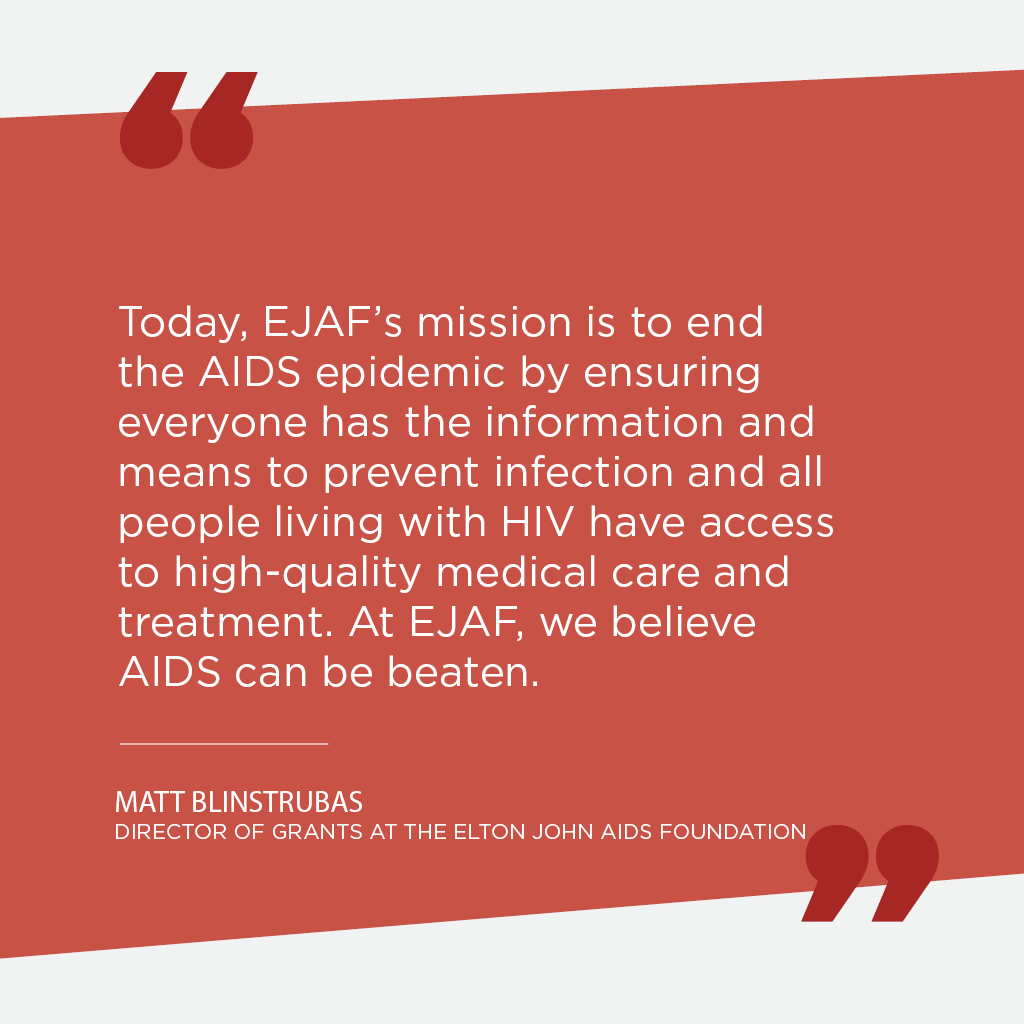 Q: In 2018, EJAF launched a new funding initiative to address HIV in Black Gay Men and transgender individuals. Can you tell us more about what this initiative will be focusing on and what you hope to achieve?
Q: In 2018, EJAF launched a new funding initiative to address HIV in Black Gay Men and transgender individuals. Can you tell us more about what this initiative will be focusing on and what you hope to achieve?
A: On May 15, 2018, EJAF launched a new grant initiative: Addressing the Needs of Transgender People and Black Gay and Bisexual Men. Over the course of the next three years, 2019-2021, EJAF anticipates awarding approximately $11 million ($3.7 annually) in grants through this new initiative.
The primary goals of this new initiative are:
- Improved HIV-related health and quality of life for Black men who are gay or bisexual, and
- Improved HIV-related health and quality of life for transgender people,
The initiative also seeks to address many other correlated health, social, and structural issues such as:
- Addressing inequalities by race, gender, age, urban/rural locations, and other factors that affect access to health care, education, and social services.
- Supporting sexual health and education, mental health services, addiction support, and community mobilization.
- Protecting people from exposure to and harm from punitive policing and criminal justice systems, including access to legal services, access to education and employment, and opportunities for professional and economic advancement.
- Supporting political organizing and advocacy for systemic change.
Funding priorities for this initiative were identified in consultation with an expert panel of leaders from transgender and Black Gay and Bisexual communities in early 2018 and include:
- Innovations in health promotion and services at organizations led by Black Gay and Bisexual Men, including programs to increase rates of HIV testing, access to PrEP, and people’s linkage to and engagement in health care and rates of viral suppression.
- Increased accommodation and services for transgender people in HIV-focused programs, such as peer-led health promotion, social and mental health services, and provision of hormone therapy, to encourage increased rates of HIV testing, access to PrEP, and people’s linkage to and engagement in health care and rates of viral suppression.
- Support of leadership and leadership development of transgender people and Black Gay and Bisexual Men in HIV services and other health programs, including efforts to create new professional opportunities for community leaders, professional growth among new managers, organizational leadership transitions, and other activities for organizational management and community leadership.
- Political organizing and advocacy by HIV-focused organizations and coalitions to promote health access, legal justice, and equal opportunity in education and employment for transgender people and Black Gay and Bisexual Men.
Q: The opioid epidemic and HIV are deeply interconnected public health challenges. What are EJAF grantees doing to confront the twin epidemics of opioid addiction and HIV infection in the U.S.?
A: As one of the nation’s largest private funder of syringe exchange and harm reduction programs, EJAF is proud to also be the leading funder participating in the Syringe Access Fund, a collaborative of grantmakers committed to helping people battling addiction to reduce harms related to injection drug use. People’s use of contaminated needles results in 3,000 to 5,000 new cases of HIV and approximately 10,000 new cases of Hepatitis C in the U.S. each year. Providing people who are injecting drugs with access to clean needles and syringes, along with information, counseling, and access to services is proven to successfully increase engagement in addiction services and reduce risks of HIV and Hepatitis infection. In 2017, the Syringe Access Fund awarded $2.4 million in grants to sixty-two organizations in thirty-two U.S. states, the District of Columbia, Puerto Rico, and the U.S. Virgin Islands. In addition, EJAF also awarded multiple grants in Tijuana in Mexico, greater San Juan in Puerto Rico, and the states of North Carolina, Tennessee, and West Virginia, responding to evidence of potential HIV outbreaks in those locations.
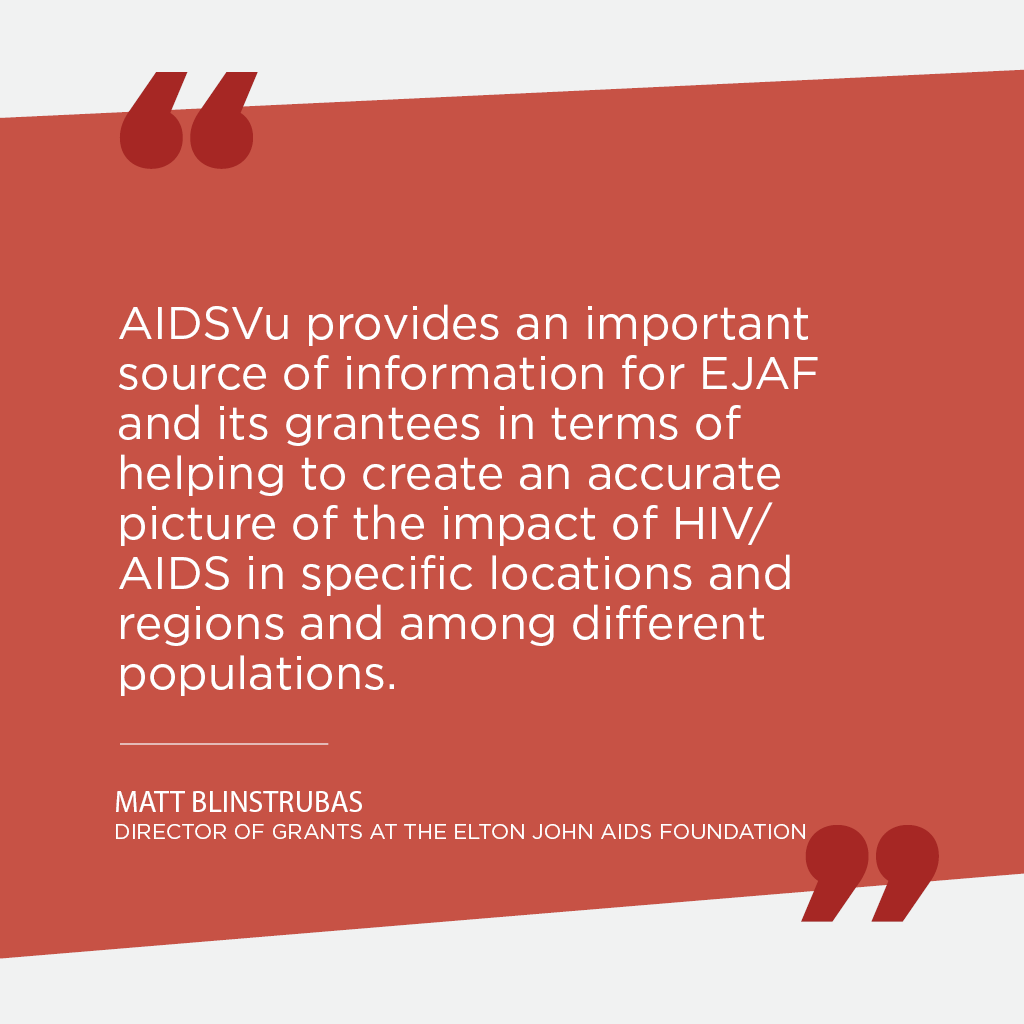 Q: High-quality data and data visualizations are critical to making informed public health decisions. How do EJAF and its grantees use AIDSVu in its work?
Q: High-quality data and data visualizations are critical to making informed public health decisions. How do EJAF and its grantees use AIDSVu in its work?
A: AIDSVu provides an important source of information for EJAF and its grantees in terms of helping to create an accurate picture of the impact of HIV/AIDS in specific locations and regions and among different populations. This kind of information is so critical for local, state, regional, and national organizations in determining how and where they can best deploy their human and financial resources to have the highest possible impact on reducing HIV transmission and serving people most in need.
Q: National HIV Testing Day was on June 27th. How do you encourage testing across the U.S.?
A: Through our most recent grants, EJAF is supporting HIV testing at more than sixty organizations in the U.S. and the Caribbean. All of these EJAF grantees are promoting and providing HIV testing by targeting populations that are the most likely to be unaware of their HIV status: half are focusing efforts on injection drug users, thirty-two are focused on Black Americans in the southern U.S., thirty-five have a focus on gay men and/or MSM, and twenty are serving transgender people. EJAF renewed major grants to HIV testing efforts in Miami and Appalachia, supporting multi-year program development to have an impact in those locations.

